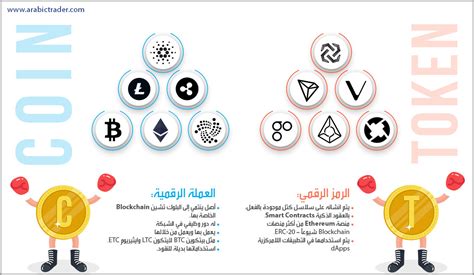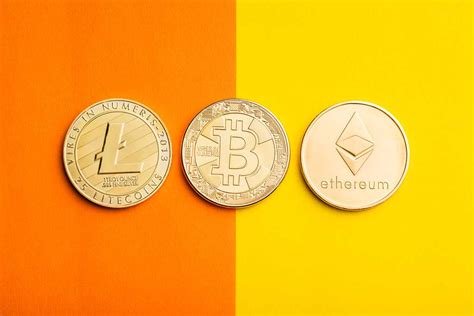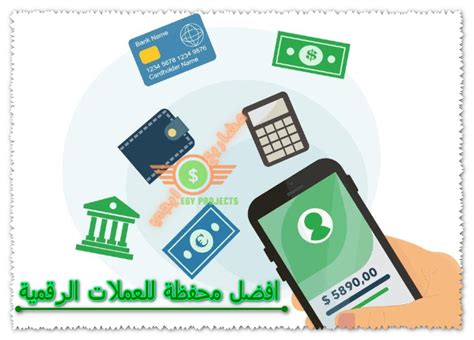What is Cryptocurrency? A Complete Beginner’s Guide (2025 Edition)
1. Introduction
Cryptocurrency is no longer just a buzzword—it’s a technological and financial revolution that’s changing how we think about money. In this guide, we’ll walk you through the fundamentals of crypto in a simple, beginner-friendly way.

2. What is Cryptocurrency?
A cryptocurrency is a digital or virtual currency secured by cryptography. Unlike traditional currencies, it is decentralized and typically based on blockchain technology.
Keyword: what is cryptocurrency
Cryptocurrencies offer a new form of digital money that isn’t controlled by any central authority, like a government or bank. Popular examples include Bitcoin, Ethereum, and Solana.
3. A Brief History of Cryptocurrency
The concept of digital currency started long before Bitcoin, but it was Bitcoin’s release in 2009 by the pseudonymous Satoshi Nakamoto that launched the modern crypto era.
Milestones:
- 2009: Bitcoin launched
- 2015: Ethereum introduced smart contracts
- 2020+: DeFi and NFTs gain popularity
4. Cryptocurrency vs. Traditional Money
| Feature | Cryptocurrency | Traditional Money |
|---|---|---|
| Control | Decentralized | Centralized (govt.) |
| Accessibility | Global | Country-limited |
| Transaction Speed | Faster | Slower |
| Fees | Lower (in many cases) | Often higher |
| Transparency | Public ledger | Closed systems |

5. Most Popular Cryptocurrencies in 202
- Bitcoin (BTC): The first and most well-known crypto.
- Ethereum (ETH): Known for smart contracts.
- BNB: Binance Smart Chain’s native token.
- Solana (SOL): Fast transactions and low fees.
- Ripple (XRP): Used for international payments.

6. How Does Blockchain Work
Blockchain is a decentralized digital ledger that records transactions across multiple computers. It ensures transparency and prevents tampering.
Each “block” contains data, a timestamp, and a link to the previous block, forming a secure chain of records.
7. How to Buy Cryptocurrency Safely
- Choose a trusted exchange (e.g., Binance, Coinbase).
- Complete KYC (Know Your Customer) verification.
- Add funds via credit card or bank transfer.
- Buy crypto and store it in a secure wallet.
8. Best Crypto Wallets for Beginners
- Software Wallets: MetaMask, Trust Wallet
- Hardware Wallets: Ledger Nano X, Trezor
Look for wallets that are user-friendly, secure, and widely supported.

9. Where to Trade Cryptocurrencies
- Centralized Exchanges (CEX): Binance, Kraken
- Decentralized Exchanges (DEX): Uniswap, PancakeSwap
CEXs are easier for beginners, while DEXs offer more privacy and control.
10. Advantages and Disadvantages of Cryptocurrency
Pros:
- Decentralization
- Lower transaction fees
- Global reach
- Transparent and secure
Cons:
- Price volatility
- Regulatory uncertainty
- Risk of hacks if not secured properly
11. Real-World Applications of Crypto
- Remittances: Faster and cheaper international transfers
- Gaming & NFTs: Digital ownership and marketplaces
- Smart Contracts: Automated legal agreements
- DeFi: Decentralized financial services
12. The Future of Cryptocurrency
In 2025 and beyond, cryptocurrencies are expected to become more regulated and integrated into mainstream finance. CBDCs (Central Bank Digital Currencies) may also reshape the landscape.
13. Is Cryptocurrency Safe?
Yes, if you follow best practices:
- Use secure wallets
- Enable 2FA on exchanges
- Avoid suspicious links and phishing scams
Security improves as the ecosystem matures, but users must remain vigilant.
14. Cryptocurrency and Regulation
Governments worldwide are moving toward clearer crypto regulations. While some countries embrace it, others ban or limit usage. Always stay updated with your local laws.
15. Frequently Asked Questions (FAQ)
Q1: Is cryptocurrency legal?
In most countries, yes, but always check local laws.
Q2: Can I lose my money in crypto?
Yes, due to volatility or scams. Education and caution are key.
Q3: What’s the minimum to start?
Many platforms allow you to start with as little as $10.
16. Tips for Beginners
- Start small and never invest what you can’t afford to lose.
- Use reputable platforms.
- Educate yourself—read, watch tutorials, and follow trusted experts.
- Be patient; crypto is volatile.
17. Conclusion
Cryptocurrency is a powerful technology that’s reshaping the financial world. With the right knowledge and tools, you can safely navigate this exciting space. Use this guide as your launchpad into the world of crypto.

Internal Links:
External Links:





